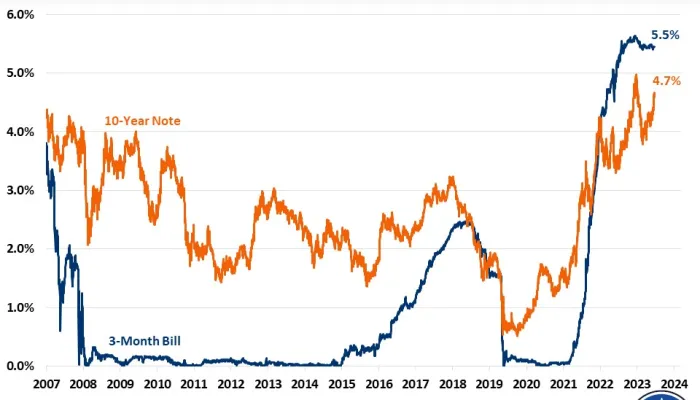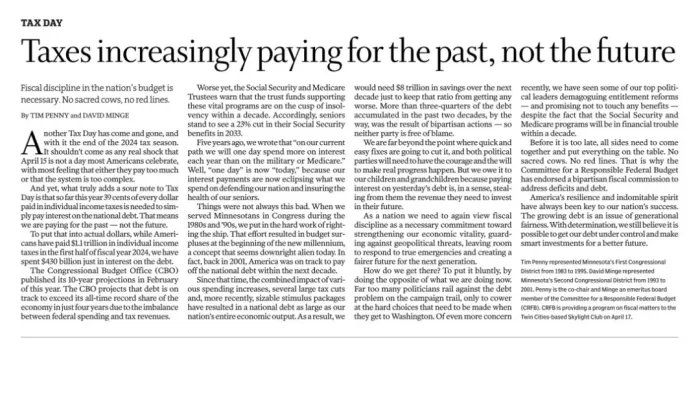What Will Happen If the Government Shuts Down?
Here we go again. With government funding set to expire in one week and no clear plan appearing yet, it is possible that the government will shut down for the second time in three years. The Senate voted down a continuing resolution (CR) that would have funded the government through December 11 but also defunded Planned Parenthood, a non-starter for Democrats and the Obama Administration. Senate Majority Leader Mitch McConnell (R-KY) is working on a plan for a clean CR, but whether that move will succeed or not is uncertain. To help prepare for the shutdown, CRFB has released a new primer on the consequences of a government shutdown, updating a report it last issued before the 2013 shutdown.
The Q&A goes through the funding process and the budgetary, economic, and administrative consequences of a shutdown. It answers 15 different questions:
- What is a government shutdown?
- What services are affected in a shutdown and how?
- Is the government preparing for a shutdown?
- How will federal employees be affected?
- How and why do mandatory programs continue during a shutdown?
- How many times has the government shut down?
- Does a government shutdown save money?
- How can Congress avoid a shutdown?
- What is a Continuing Resolution (CR)?
- How often does Congress pass CRs?
- What are the disadvantages of using CRs?
- How is the House addressing funding?
- How is the Senate addressing funding?
- How does a shutdown differ from a default?
- How does a shutdown differ from "sequester"?
The primer goes into many aspects of government shutdowns and lawmakers' progression on avoiding one and passing a CR. Overall, it is a helpful reminder of why it's best that they come to an agreement rather than let the government shutdown.
Click here to read the full Q&A.


